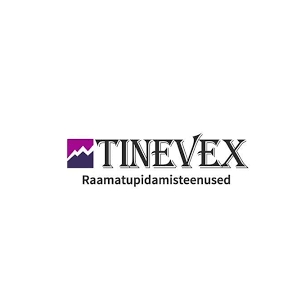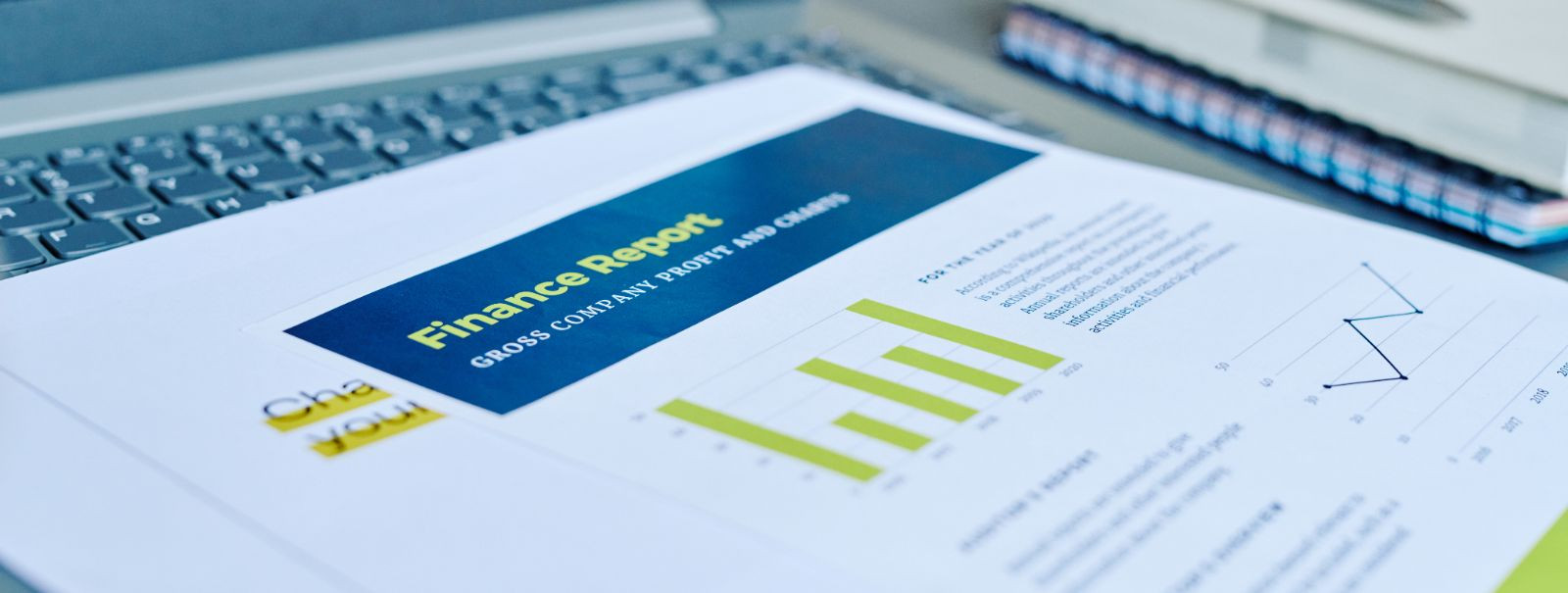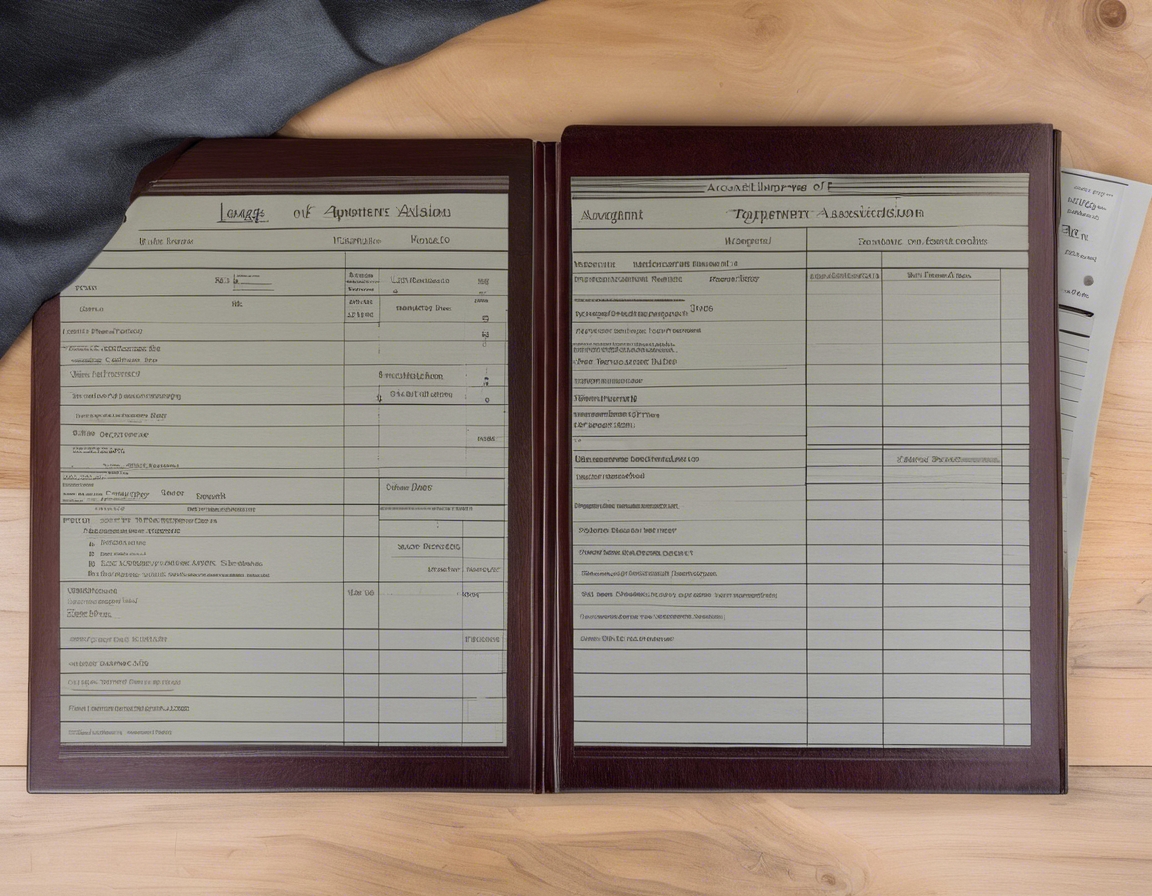5 tips for efficient tax accounting
Efficient tax accounting is a cornerstone of successful financial management for any business. It ensures compliance with tax laws, optimizes tax liabilities, and supports strategic business planning.
Tax accounting is not just about fulfilling a legal obligation; it's a strategic tool that can provide significant insights into your business's financial health.
Small to medium-sized enterprises (SMEs) and sole proprietors often face unique challenges in managing their taxes due to limited resources and expertise.
Tip 1: Stay Informed About Tax Laws and Regulations
Staying abreast of the latest tax laws and regulations is crucial for accurate tax accounting and can prevent costly penalties.
Make use of available resources such as government websites, newsletters, and professional tax updates to stay informed.
Tip 2: Implement Robust Accounting Software
Selecting the right accounting software is essential for streamlining tax accounting processes and ensuring accuracy.
Look for software that offers integrated tax accounting features to simplify tax preparation and filing.
Tip 3: Maintain Accurate and Timely Records
Implementing a systematic approach to record-keeping can greatly enhance the efficiency of your tax accounting.
Accurate records are the foundation of reliable tax accounting and can significantly affect your tax liability.
Tip 4: Plan for Taxes Year-Round
Planning for taxes throughout the year can help you manage cash flow and reduce the year-end tax burden.
Setting aside funds regularly for tax payments can prevent financial strain when tax deadlines approach.
Tip 5: Seek Professional Tax Accounting Services
Professional tax accounting services can provide the expertise needed to navigate complex tax issues and optimize tax strategies.
TINEVEX OÜ offers specialized tax accounting services tailored to the needs of SMEs, sole proprietors, non-profit organizations, and apartment associations in Estonia.






Comments (0)